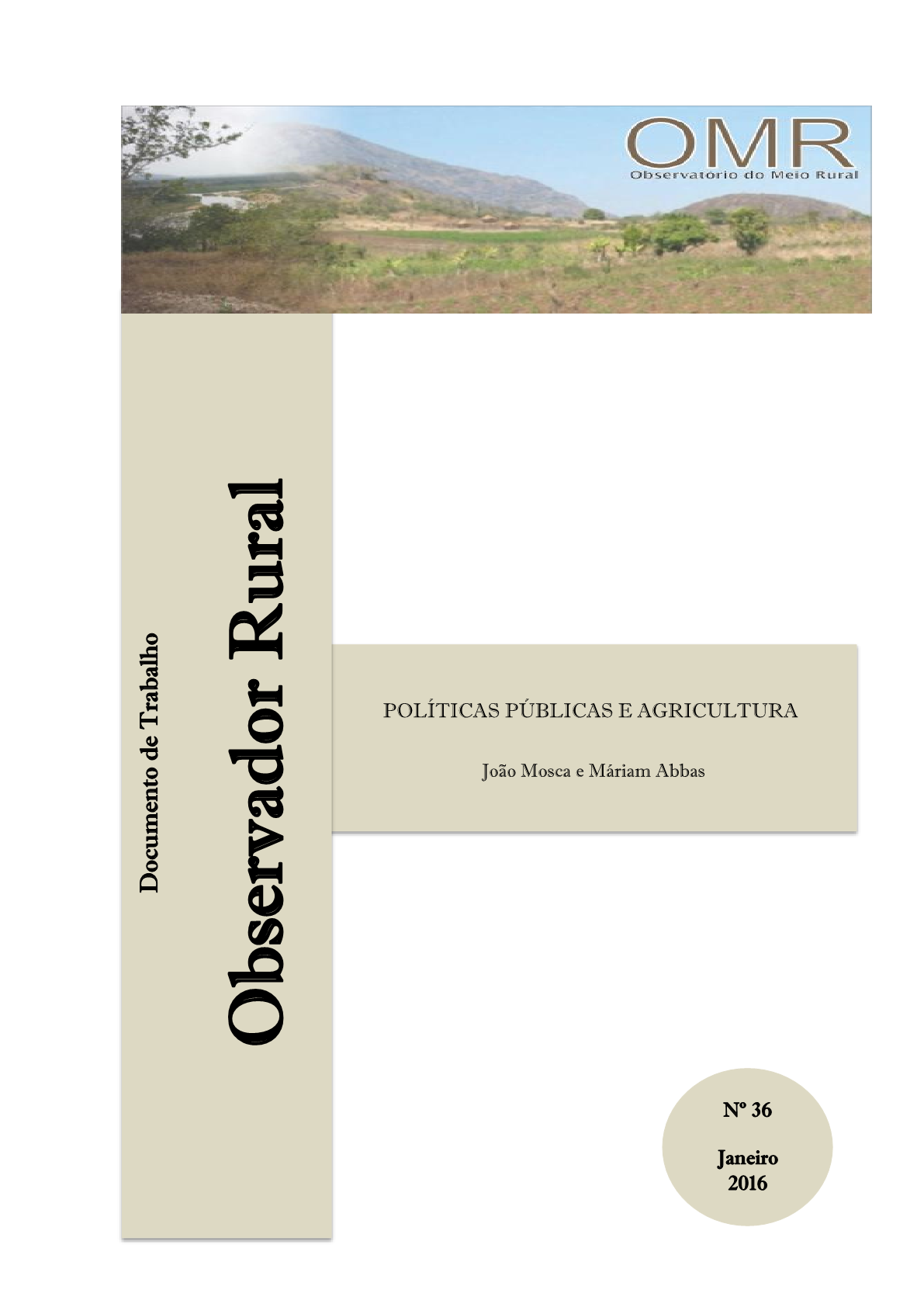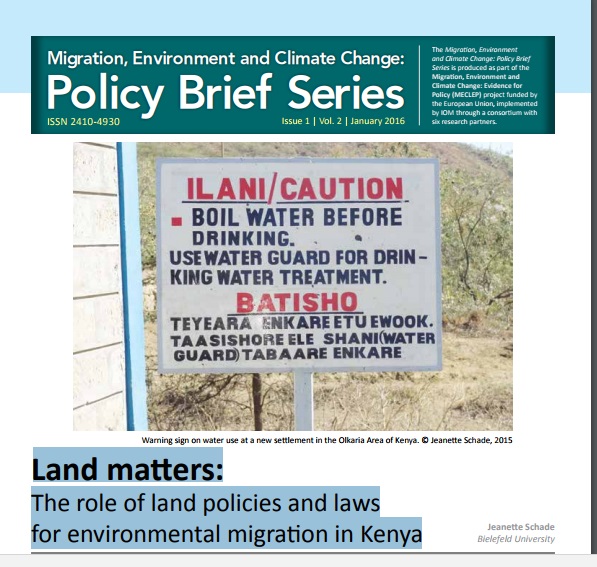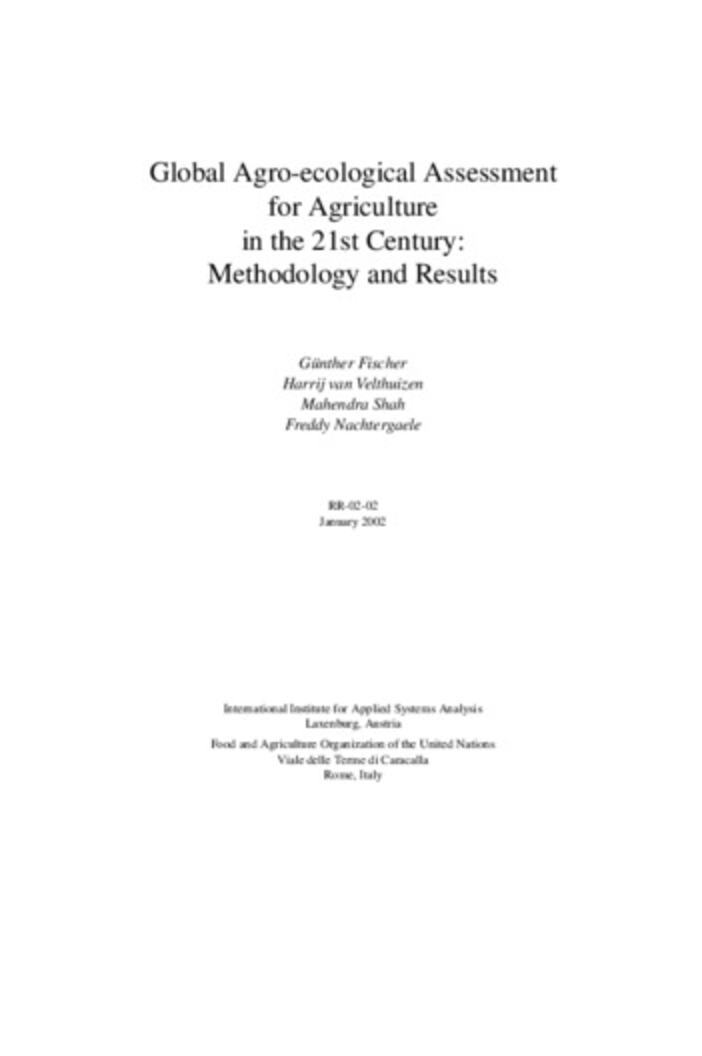Act No. 2 of 2016: An Act to amend the Constitution of Zambia.
This Act amends the Constitution of Zambia by repealing the Preamble and replacing Part I (Supremacy of the Constitution), Part II (National values, principles and economic policies), Part IV (Citizenship), Part V (Representation of the People). Parts from VI to XIV are also repealed and replaced. New Parts from XV to XX are inserted.






